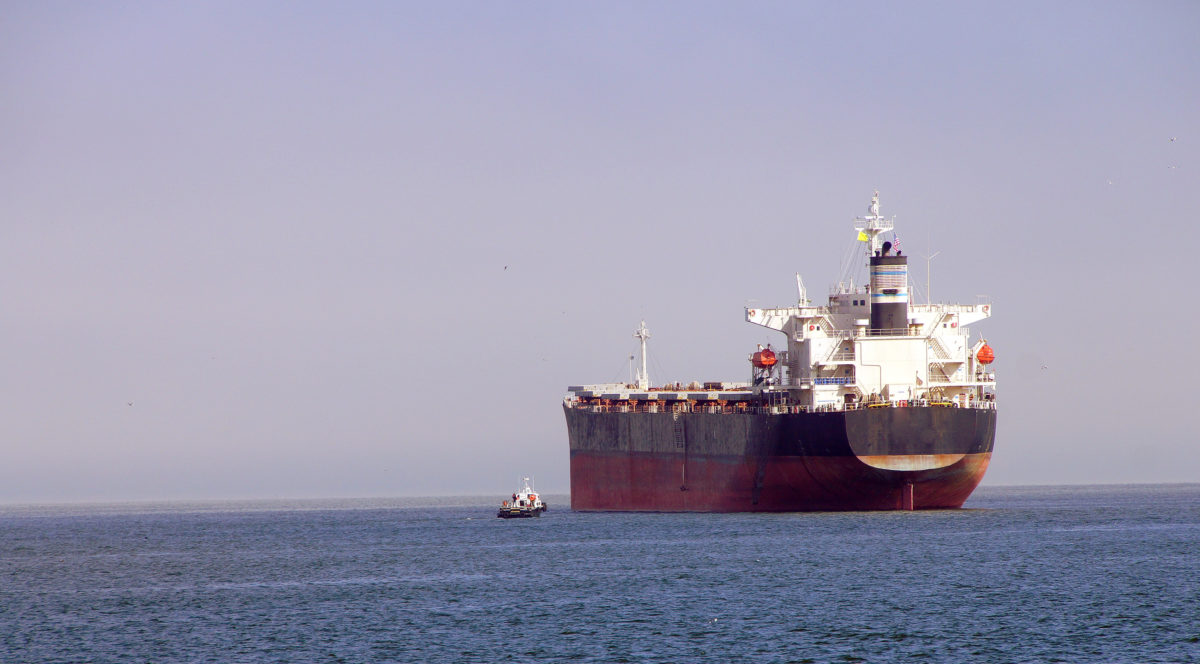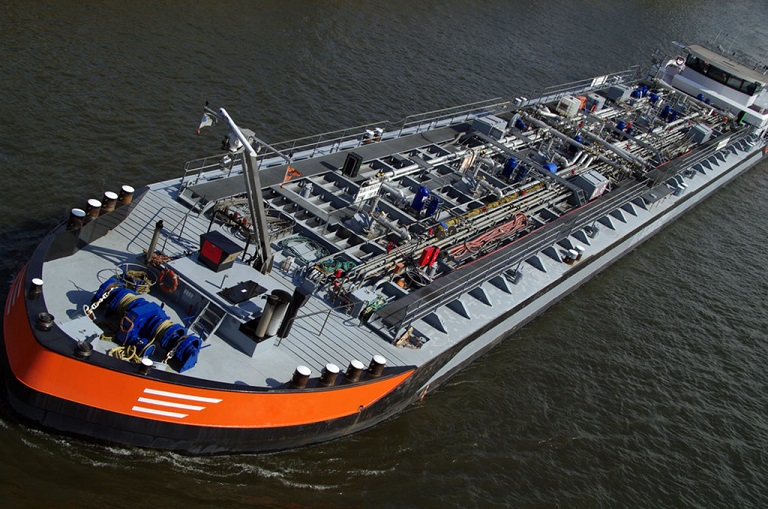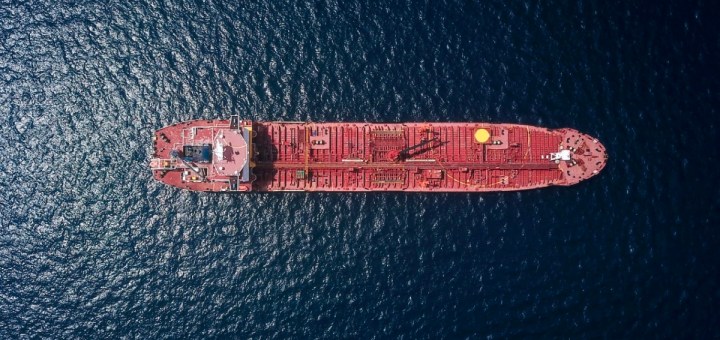December 03, 2020 -Inventories of oil products held in independent storage in the Amsterdam-Rotterdam-Antwerp (ARA) trading hub have fallen sharply over the past week as poor regional demand prompted a rise in seaborne exports.
Total oil product stocks fell in the week to 2 December, the steepest week-on-week decline since January, according to data from consultancy Insights Global. Regional demand was subdued by tightened lockdown measures in key markets France and Germany, and low Rhine water levels which inhibited traffic on the route between the ARA area and the European hinterland.
Gasoline stocks were lower, with shipments to the US and west Africa both rising on the week. Gasoline cargoes also departed ARA for Singapore, Mexico and Canada. Weak demand within northwest Europe pushed gasoline refining margins into negative territory yesterday for the first time since August. Germany is extending its partial lockdown until 10 January. England moved out of its national lockdown this week and has transitioned to a regional tier system of restrictions. France will ease its lockdown on 15 December if Covid-19 cases continue to decline, but restrictions such as a night-time curfew will remain.
Lacklustre regional demand for road fuels demand also affected gasoil inventories ARA, with cargoes departing for Argentina, the UK and the US. Middle distillates demand is less vulnerable to coronavirus restrictions than gasoline demand owing to its use in haulage and industrial activity, but the European market is still oversupplied. The trade in diesel and gasoil barges along the river Rhine was hampered by low water levels over the past week, which restricted loadings on some routes.
Naphtha stocks fell by more than any other surveyed product in percentage terms, dropping on the week. At least one cargo departed ARA for Brazil, where it will be used as a petrochemical feedstock. Naphtha demand from petrochemical customers along the river Rhine was robust but slightly lower on the week. Low water levels meant that more barges were required to carry a slightly lower volume than went inland a week earlier. Small naphtha cargoes arrived in the ARA area from Algeria and Russia. Baltic naphtha cargoes have tended to flow into New York Harbor rather than the ARA area in recent weeks because of a lack of gasoline blending activity.
Jet fuel stocks fell to their lowest weekly level since late 27 August, amid a rise in shipments to Ireland and the UK, where commercial air travel is expected to pick up as lockdown measures ease.
Fuel oil inventories fell most heavily in outright terms, erasing the large rise in stocks recorded the previous week. Fuel oil cargoes departed for the Mediterranean, the Port Said area, Singapore and west Africa. Some smaller cargoes arrived from France, Poland, Russia and the UK.
Reporter: Thomas Warner




